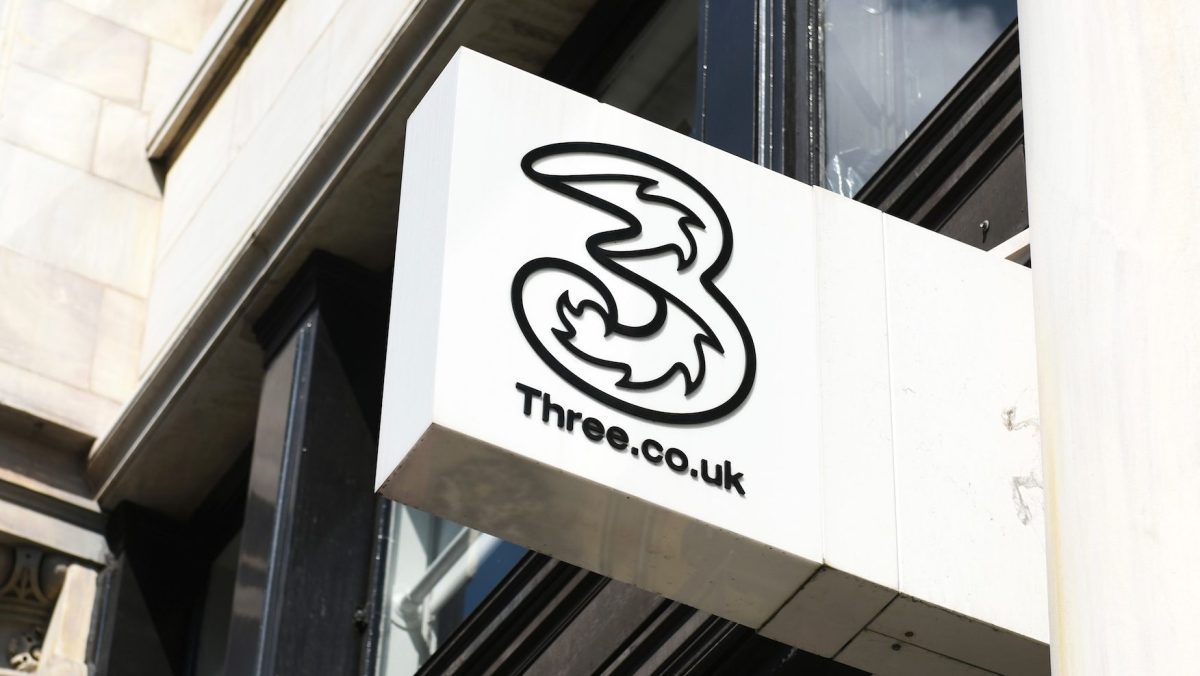Nuance? In this startup market? – TechCrunch
Welcome to Startups Weekly, a fresh human-first take on this week’s startup news and trends. To get this in your inbox, subscribe here.
From black swan memos and heart-to-hearts to not-so-subtle emails asking for on-the-record confirmations that your startup does, indeed, have revenue, investors have a lot to say about the downturn.
Yet, it’s a quieter and more realistic truth that has landed my attention as of late: For diverse founders, the downturn is nothing new. Some investors, largely those who focus on backing historically overlooked founders, say that the crackdown on tech companies isn’t impacting diverse founders as harshly as their overly funded, homogeneous counterparts because of pre-existing biases.
All Raise CEO Mandela SH Dixon, who joined the Equity podcast fresh off of her annual summit, told TechCrunch that women and racially diverse investors, founders and operators don’t have the “doom-and-gloom mentality because we are so used to doing more with less.”
“We are so used to not having access to this influx of capital that we have already adjusted and built muscles and capacity to weather a lot of storms that more privileged founders who have like this never-ending flow of capital and access to advice and insider information” haven’t had to deal with, she said. “We as women, and as women of color, have a long history of weathering storms, so this isn’t new to us.”
Dixon’s belief — that minority founders may be more prepared for a pullback because they were already experiencing one — feels both spot-on and nuanced. Yes, diverse founders still receive disproportionately less venture capital financing than their homogeneous counterparts, making them smarter with their money. We have reams of studies spanning years that show that women and diverse teams can be more capital-efficient.
At the same time, if even the small dollars heading their way are at risk, won’t the industry slide further and further from a more equitable spot?
For the rest of my thoughts on this topic, check out my TechCrunch+ column: “For diverse founders, a downturn is nothing new.” In the rest of this newsletter, we’ll talk about the myth of the moniker that is the girl boss, a nuance about all these layoffs and a deal that may have flown under your radar this week. As always, you can support me by forwarding this newsletter to a friend or following me on Twitter or subscribing to my blog.
Deal of the week
On Equity this week, we spoke about a venture-backed startup that has attracted even more capital to make maps mainstream. Felt, co-founded by Sam Hashemi and Can Duruk, allows users to build a map with datasets integrated into it and to work with each other to showcase impact in a less static way than your average Google maps query.
Here’s why it’s important: The co-founders cited proven business models from Figma and Notion, both valued in the billions, as reason to believe in their work. The aforementioned companies both succeeded in rolling out to users for personal use, then pivoting to the enterprise, a playbook that Felt wants to follow (and that VCs can certainly speak the language of).
“That kind of business model and go to market is — I don’t want to say immune, but is a little bit removed from the kind of market fluctuations we’re seeing,” Hashemi said in an interview. “It’s really not about consumer spending, it’s not about an advertising business, it’s just day in day out work that businesses are relying on.”

Image Credits: Felt
How the myth of the “girlboss” harms emerging women in tech
If there’s one story you read this weekend, make it this one. My colleagues Anita Ramaswamy and Amanda Silberling wrote about the myth of the girlboss and how it impacts women in tech. They explore how “once a vaguely aspirational term of praise reserved only for affluent white women, the moniker now reflects the maddening contradiction of workplace feminism: We know that it’s not enough to just be a woman in power, and that what we do with that power matters far more than simply wielding it.”
Here’s why it’s important: The story puts into words a lot of the irony, emotion and impact of why this term frustrated so many people. Here are two excerpts that stand out:
There’s a disconnect between the evolution of feminism in the outside world, juxtaposed with the frustratingly slow rate at which Silicon Valley realizes that a woman CEO shouldn’t be a novelty. Outside of work, women fight for an intersectional feminism that’s trans-inclusive, uplifts people of color and advocates for disability rights. But in startup culture, just being a woman in and of itself is seen as subversive.
And, this, from Sruti Bharat, who most recently worked as interim CEO at All Raise.
“Just because a woman has been oppressed, or has been marginalized, or treated differently, doesn’t mean that she is also aware of how to fix it, or how to speak about it or is not perpetuating it herself. We’re always advocating for women to be icons … but the reality of that is it takes actual advocacy work and movement building and policy,” Bharat said.

Image Credits: Bryce Durbin / TechCrunch
About all these layoffs
I know, I know. There was a lot of layoff news last month and June is starting no differently. This week, we wrote about layoffs at IRL, SWVL, PolicyGenius, Loom, Gemini and Carbon Health.
Here’s why it’s important: At this point, it still feels newsworthy to report on layoffs of venture-backed startups regardless of if they’re impacting 10% or 50% of staff. I don’t want to get in the game of deciding what number of people need to lose jobs for it to be relevant, but I also realize it’s going to be hard to cover every single workforce reduction.
One nuance that I want to remind everyone, but mostly myself, of is that there’s the layoffs that happen due to market uncertainty, and there’s the layoffs that happen due to the ability to cite market uncertainty. Questions and reasoning matter a lot, and the “no comment” speaks volumes.
Across the week
Seen on TechCrunch
Seen on TechCrunch+
Until next time,




